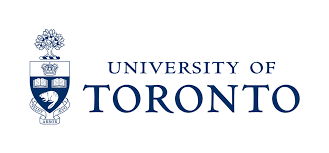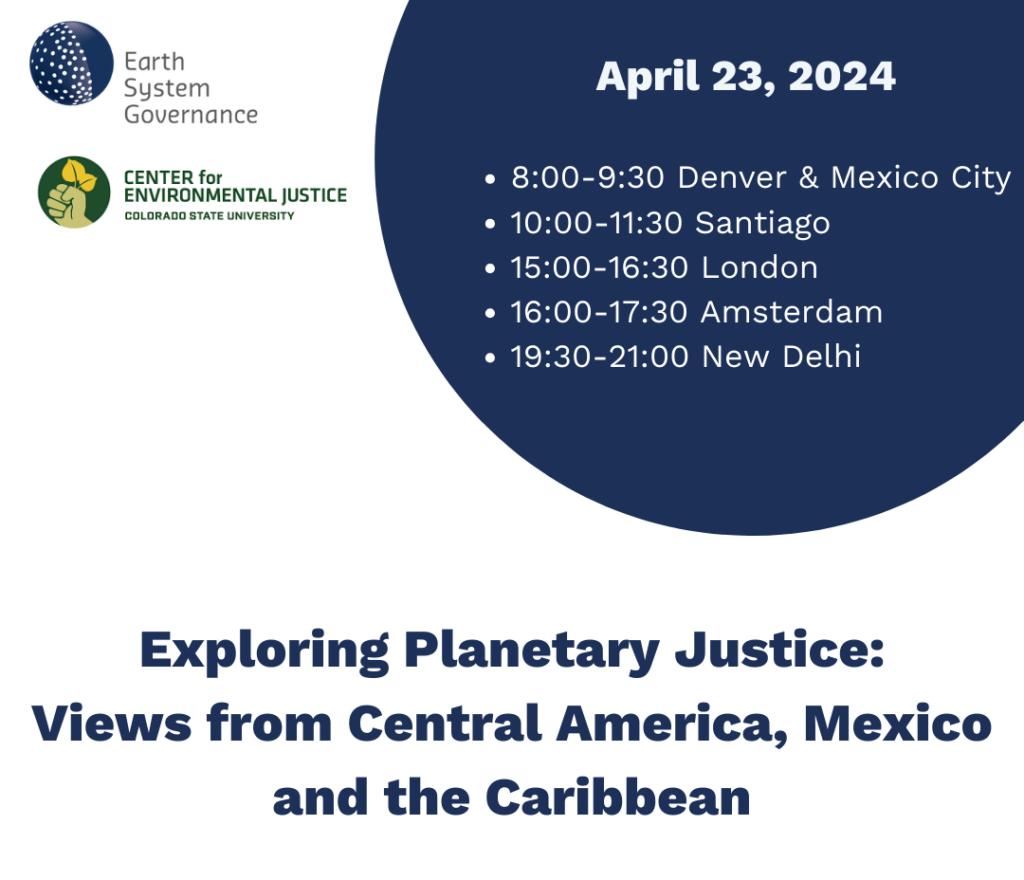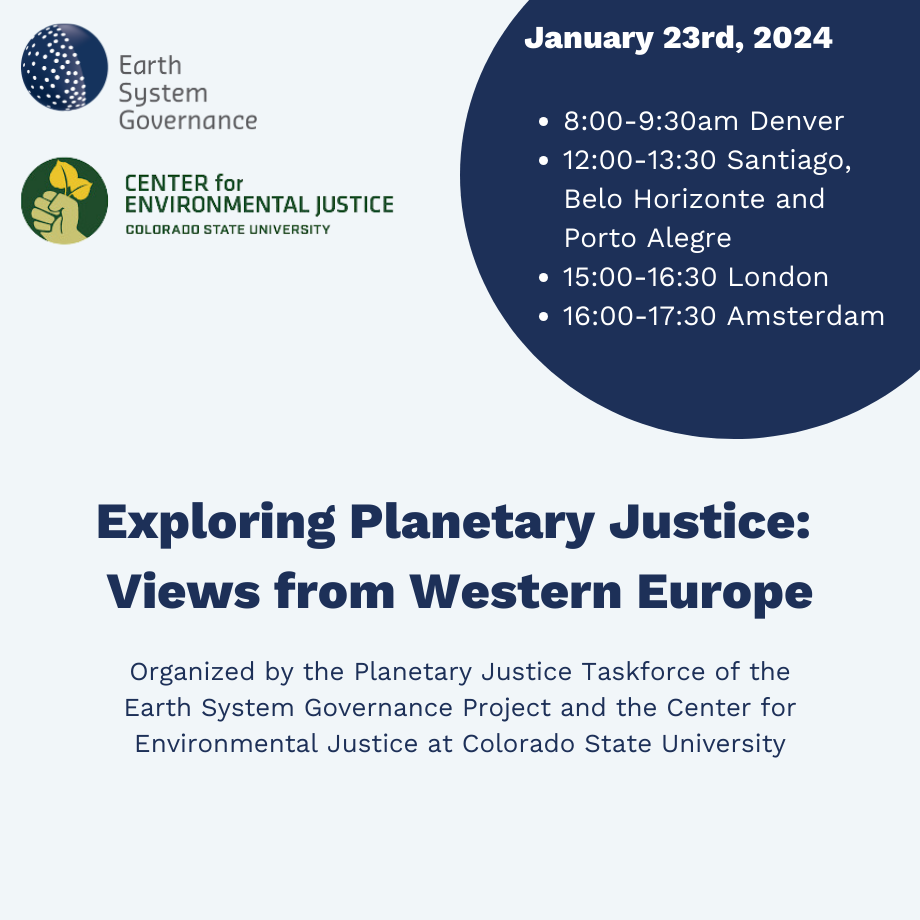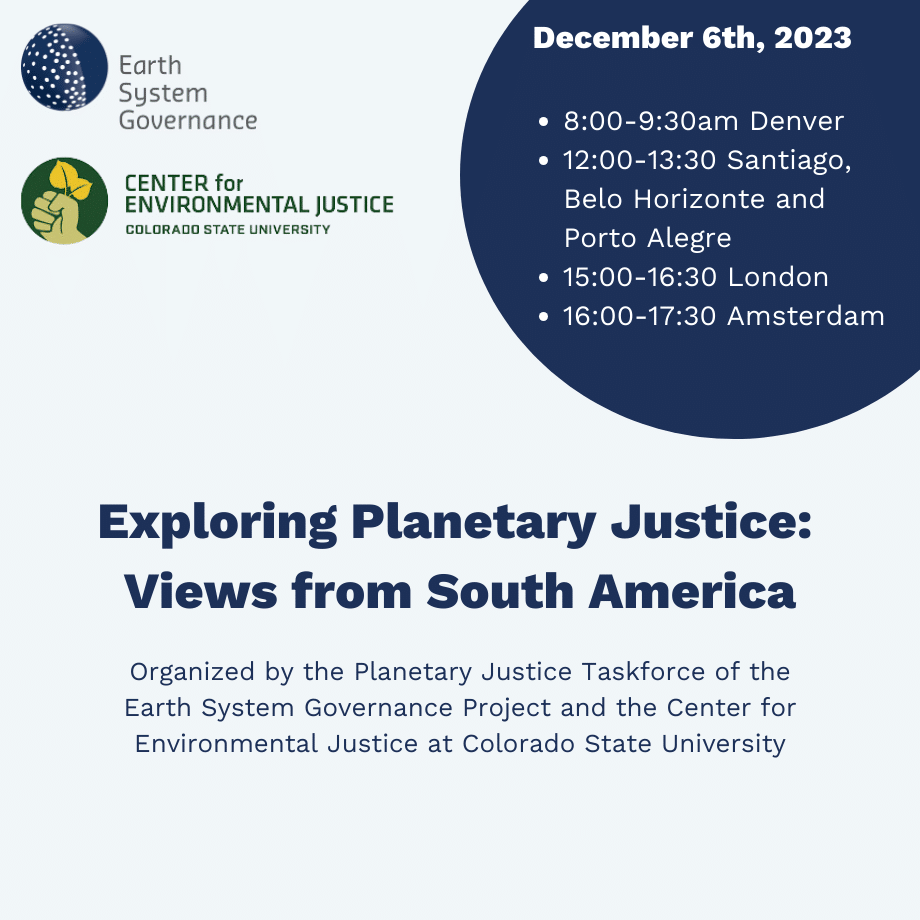Call for Applications: 2018 Summer Institute on Critical Studies of Environmental Governance
Metrics of sustainability: Critical studies of sites, practices, and performances of accountability in environmental governance
Applications are currently being accepted for the Summer Institute on Critical Studies of Environmental Governance to be held at the University of Toronto July 12-16, 2018. We welcome applications from advanced doctoral students (i.e., advanced to candidacy, completed data collection, and actively writing) and junior scholars who received a Ph.D. after May 2015, working in the social sciences, law, humanities, and other relevant disciplines. The Institute will reimburse travel expenses up to $1200 (USD) and cover food and lodging for successful applicants.
2018 Theme: “Metrics of sustainability: Critical studies of sites, practices, and performances of accountability in environmental governance.”
Addressing global environmental change and advancing the sustainability of variously scaled processes, organizations, and territories involves diverse approaches to social regulation. We identify accountability mechanisms, and the underlying metrics and assessment protocols, to be important sites of critical analysis.
Environmental metrics, indices and standards of various kinds are central to the advancement of regulatory objectives. Moreover, they can be a resource for democratic accountability. But in addition, metrics can be instruments of authoritarian discipline at a distance and may give rise to or augment social and ecological problems. While metrics may serve as vital feedbacks that allow for functional coupling of social and ecological systems, metrics may also obscure ecological knowledge, disguise uncertainties, impede alternative problem definitions, and advance an empty performance of engagement in environmental management. It is often said “You cannot manage what you do not measure.” There may be some truth in this aphorism, but as we try to make sense of the politics of sustainability, it is worthwhile to consider the possibility that increasingly sophisticated, integrated and elaborate measurements and performances of accountability may substitute for or distract attention from substantive engagement in sustainable transitions. On this basis, relationships between assessment, accountability and the (re)distribution of rights, responsibilities, and risks merits attention.
The 2018 Summer Institute aims to realize emerging topical, theoretical, and methodological synergies pertaining to critical studies of environmental metrics and accountability, with emphasis on sharing insights among a mix of established and junior scholars. We welcome research grounded in a wide variety of disciplines and socioecological problems. We are committed to substantive engagement with environmental regulation and governance through a variety of disciplinary lenses aimed at revealing the ways in which the establishment of metrics and accountability regimes can induce complex and unforeseen socio-ecological responses. Our aim is to understand the promulgation of metrics and accountability as dynamic forms of governmentality, and to support junior scholars in the development of this multi-faceted area of scholarship and policy analysis.
For more information about the Summer Institute’s theme, objectives and the application process, please download the attachment (pdf).
Application deadline: January 31, 2018.
This year’s Summer Institute is coordinated by Allison Loconto (Science and Technology Studies, INRA-Paris, allison-marie.loconto@inra.fr), Scott Prudham (Geography, University of Toronto, scott.prudham@utoronto.ca) and Steven Wolf (Natural Resources, Cornell University, saw44@cornell.edu). Questions regarding the workshop should be directed to one of the organizers.
Sponsors: Cornell University, Mario Einaudi Center for Environmental Studies and Institute for Social Sciences; University of Toronto, School of the Environment, School of Graduate Studies and Munk School of Global Affairs; Earth System Governance Project Task Force on Accountability in Global Environmental Governance; Research Group on Sociology of Agrifood (RC40), International Sociological Association; Institut National de la Recherche Agronomique (INRA) and the French Institute for Research, Innovation and Society (IFRIS).



